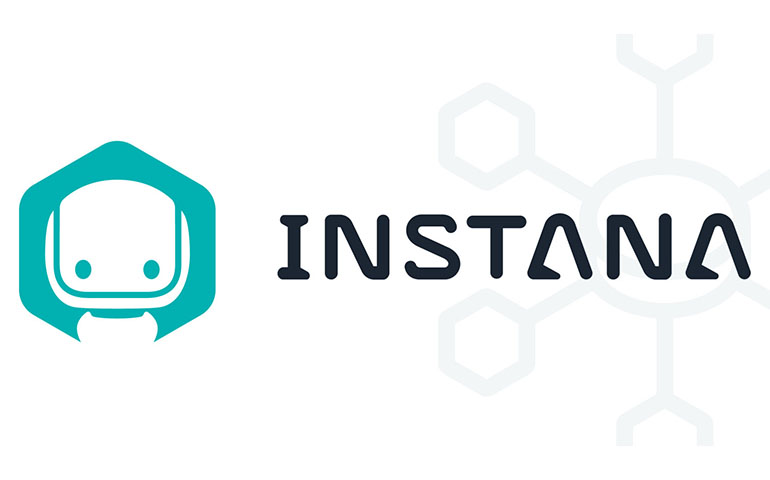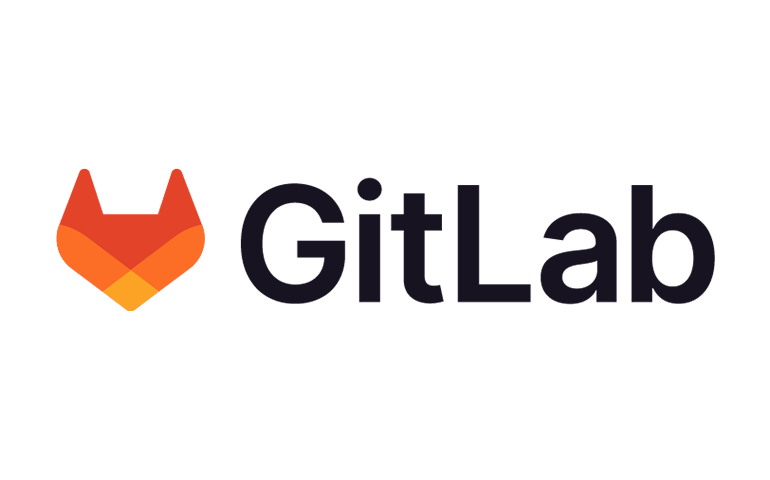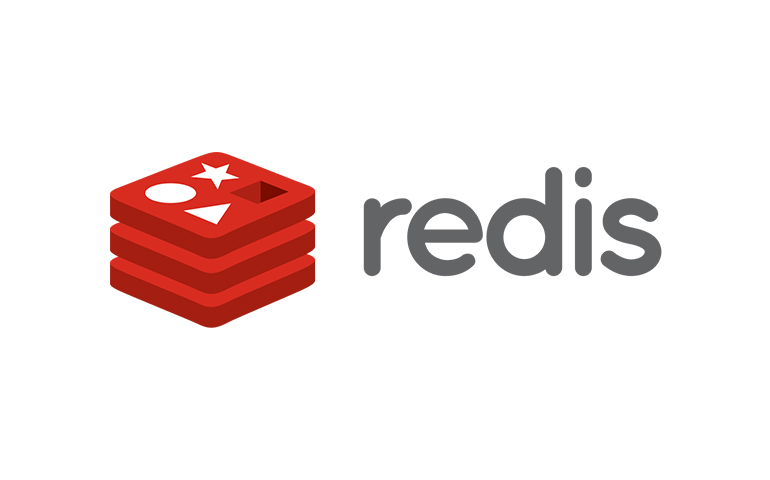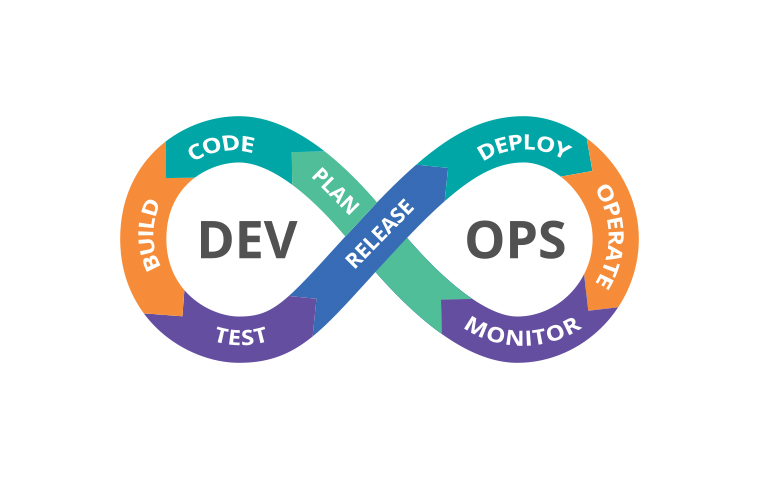What is CI/CD?
CI/CD, short for Continuous Integration (CI) and Continuous Delivery (CD), is a fundamental concept in software engineering that aims to streamline and accelerate the software development lifecycle.
CI/CD encompasses a set of practices and principles used to automate the process of building, testing, validating, and deploying applications. It promotes collaboration among team members by encouraging regular integration of their work, detecting conflicts, and resolving issues. Both CI and CD play crucial roles in software development. Let's delve into each of them:
Continuous Integration (CI) identifies integration issues and conflicts early in the development process to ensure the codebase remains stable and functional. CI involves automating build processes and running tests whenever the development team changes the Version Control System, such as Git.
Continuous Delivery (CD) ensures the successful delivery of software into production environments promptly. It includes testing, staging, and deploying the code built through CI. CD enables teams to automate tasks such as creating container images, deploying to cloud platforms, running automated tests, and managing infrastructure as code.

Why should you embrace CI/CD practices?
CI/CD provides developers with rapid feedback on the quality and stability of their code, enabling them to make improvements more effectively. These practices help teams meet user expectations for high-quality, competitive, and reliable software while enhancing overall efficiency.
CI/CD offers significant benefits to software development, including faster time to market, improved quality, increased collaboration, and scalability.
What are the Best CI/CD Tools?
Now, let's explore some of the best CI/CD tools available:
Jenkins: It is a widely used open-source CI/CD tool that offers extensive customization options through various plugins and integrations.
GitLab CI/CD: Integrated within the GitLab platform, it provides a comprehensive CI/CD solution with features like easy YAML configuration, a built-in container registry, and deep integration with GitLab.
CircleCI: As a cloud-based CI/CD platform, CircleCI supports continuous integration and deployment for various programming languages and platforms.
Travis CI: This cloud-based CI/CD platform seamlessly integrates with GitHub. It supports multiple programming languages and provides customizable build environments.
Azure DevOps: Offered by Microsoft, Azure DevOps is a suite of development tools that includes Azure Pipelines for building, testing, and deploying applications across different platforms and environments.
Bamboo: Developed by Atlassian, Bamboo is a user-friendly CI/CD server that supports parallel builds and integrates smoothly with other Atlassian products like Jira and Bitbucket.
GitHub Actions: A flexible CI/CD solution provided by GitHub, GitHub Actions allows developers to automate workflows directly within their repositories.
TeamCity: Developed by JetBrains, TeamCity is a robust CI/CD server that enables flexible workflows, collaboration, and best practices for DevOps teams.
When choosing a CI/CD tool, evaluating specific requirements and considering factors such as ease of use, scalability, integrations, community support, and pricing is essential.
When considering CI/CD tools, it's worth highlighting the unique advantages of GitLab. As an all-in-one platform, GitLab integrates the entire CI/CD process within a single application, providing a seamless and comprehensive solution. With GitLab CI/CD, you benefit from the easy configuration using YAML files, a built-in container registry, and extensive integration with GitLab's other features. This tight integration fosters collaboration, simplifies workflows, and enhances overall productivity. Additionally, GitLab offers a thriving community and excellent community support, ensuring a rich ecosystem of resources. GitLab is an exceptional choice if you're looking for a powerful and unified CI/CD experience.

















